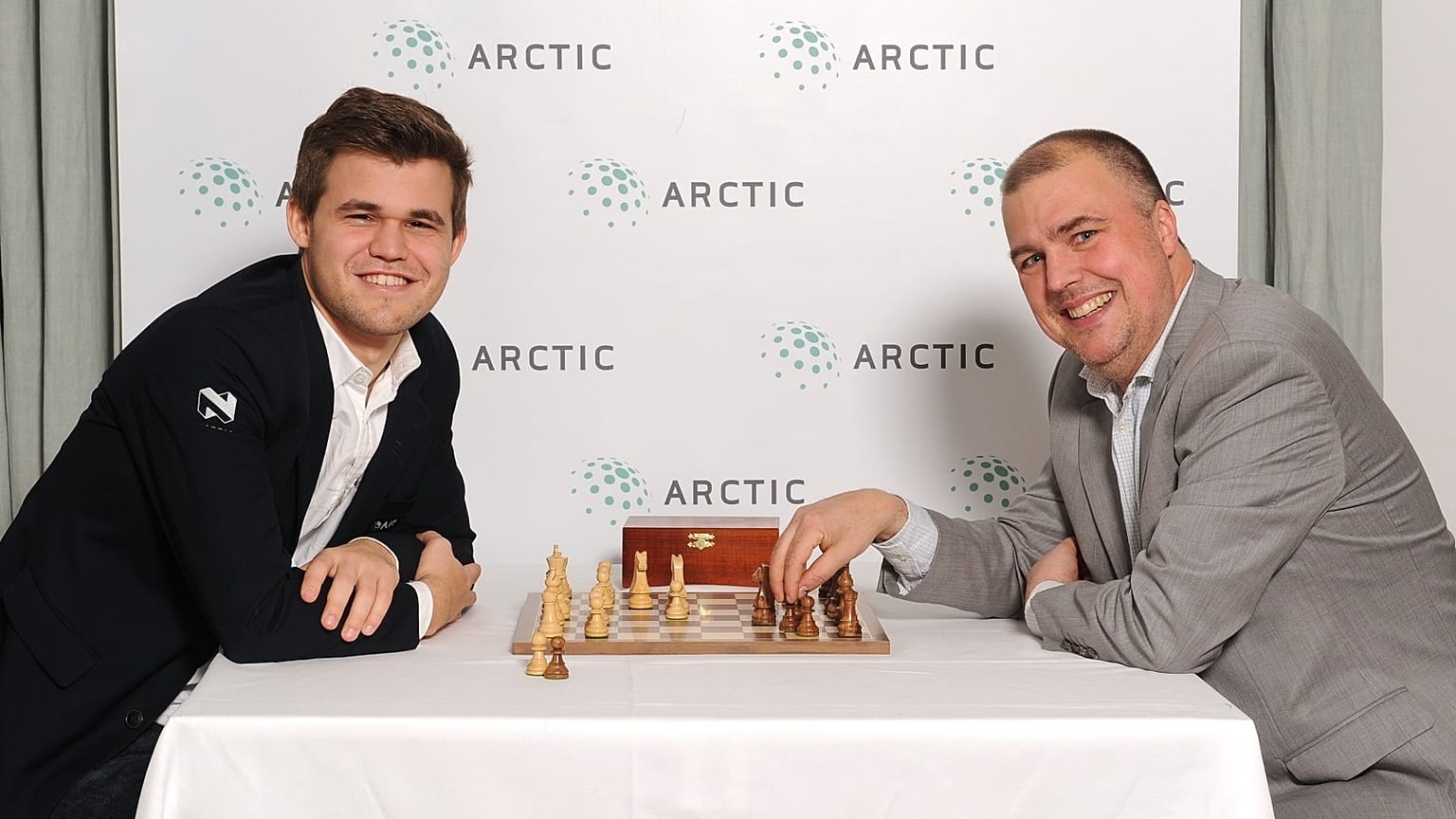Players battling it out to be world champion command millions of dollars in winnings and sponsorship. But chess has long been linked to high brain capacity - and could help make children smarter.
By Carl Fredrik Johansson
 ADVERTISEMENT
ADVERTISEMENT
 ADVERTISEMENT
ADVERTISEMENT
The game of chess is 1,500 years old, yet it is extremely modern.
Right now, the match for the World Chess Championship 2018 title is being played out in London between the ruling champion Magnus Carlsen and Fabiano Caruana from the United States. And the eyes of rest of the chess world, players, audience, sponsors and all other chess lovers will be firmly fixed on the match.
In Norway, where people are taking a holiday to follow live broadcasts on TV, the TV audience is expected to be between half a million and a million (in a country of just five million inhabitants). The match will last until November 28 with one match every day. And modern technology makes it possible to get very close to the players, and follow the games in real time wherever in the world you are.
The players compete for millions of dollars and sponsors flock around the chess elite, because they would like to be associated with some of the world's most smartest.
Chess has long been linked to high brain capacity and ability to think. It has largely been an intuitive connection but, in recent years, more and more studies have shown that there may actually be a very concrete connection between training chess and being good in different subjects in school, for example
In many countries, chess is therefore part of primary school education and teachers using chess as an educational tool can testify that students increase their ability in areas such as mathematics, reading comprehension and interacting with others. Chess develops children's social and intellectual abilities, and many countries has been part of this development.
In countries like Armenia, Denmark, Turkey, and Sweden (amongst others), thousands of teachers are using chess in their work every week. Using chess as an educational tool is supported by modern research in pedagogy and didactics, and the teachers who have been involved initially testify that it works very well in the classroom.
Exactly why training chess develops the working memory, pattern recognition and other significant areas is not easy to say, but both scientific and emipirical studies shows that it just works. When it comes to social interaction, children nowadays spend so much time facing a screen, side by side with their friends. When teachers take this analog game into the classroom, they put their students face to face, forcing them to meet, talk and engage in classmates they may not normally work with.
A Swedish teacher, writing in an anonymous course evaluation, expressed it like this: "One of the school's most important tasks in the future is to train children's ability to concentrate. Many children today live their lives in front of two-dimensional screens, where things are going to happen fast, but nothing happens in the children's imagination and self-thought activities.
”Chess is the opposite. Nothing happens on the surface, everything happens in your mind. Better ways to exercise your concentration is not available!"
Most children who currently train in chess at school to get better in other subjects may not understand that the fun game they are allowed to play really aims at training work memory, pattern recognition or other important things.
Magnus Carlsen - or anyone else who engages in chess as a professional sport - also has no time to think about the link between chess training and brain development.
But at a time when smart phones and other technical tools make us use our brain less and less, we need to find new ways to train our children's ability to think. Chess is 1,500 years old, but teachers and researchers agree that it is an excellent tool for filling gaps in modern education.
We know that chess is good for children and to use chess in schools is not for finding a new Magnus Carlsen, but to train the brains of all children and give them the opportunity to use their full ability.
Carl Fredrik Johansson is a former Chairman of the Swedish Chess Federation (2013-2018) and an ambassador for Chess in Schools
Opinions expressed in View articles are solely those of the authors.














